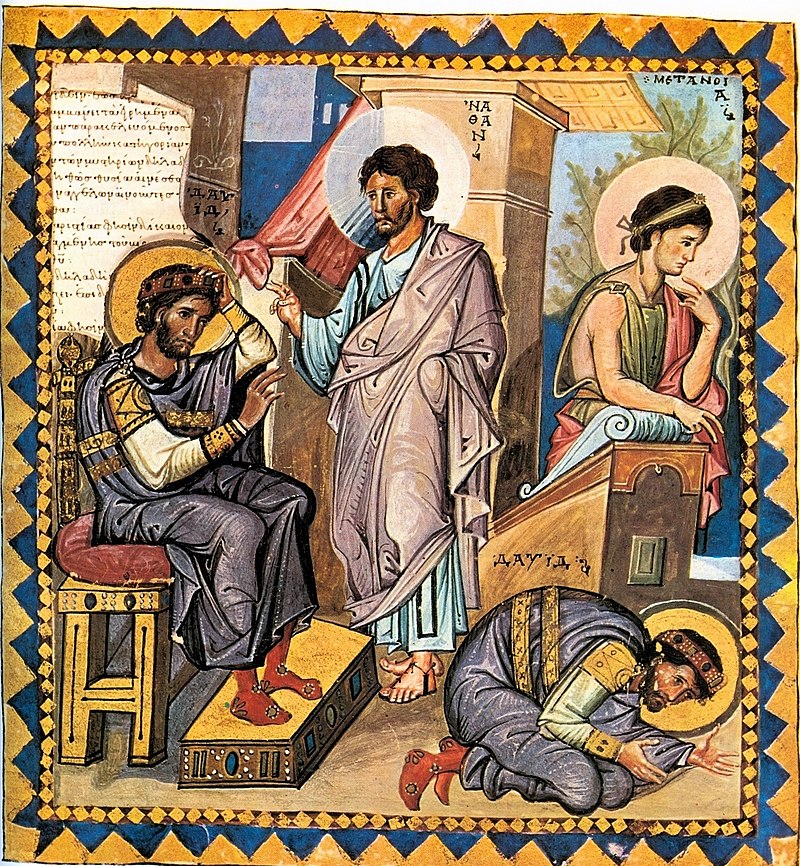Behold, how good and pleasant it is when brothers dwell in unity!
Psalm 133:1
Unity means to be on the same page. Where there is unity there is peace and harmony. Where there is disunity, this is where there is strife, stress and absence of peace.
In the Divine Services of the Church, peace and unity are consistent themes. We begin most services with a series of entreaties called “The Great Litany.” The Great Litany begins with petitions that entreat us to:
In peace, let us pray to the Lord.
For the peace from Above and the salvation of our souls, let us pray to the Lord.
For peace in the whole world, the stability of the holy churches of God and for the unity of all, let us pray to the Lord.
Before each critical moment of the Divine Liturgy—Before the reading of the Gospel, before the Creed, and before Holy Communion—the priest exclaims “Peace be with you all.” One petition before the Lord’s Prayer entreats us to “Having prayed for the unity of the faith and the communion of the Holy Spirit, let us commit ourselves and one another and our whole life to Christ our God.” And after Holy Communion, as the service concludes, we are invited to “Let us depart in peace, and let us pray to the Lord.”
Holy Communion, by its very definition, is an act that unites people in Christ. We are called constantly to unity. God’s heavenly Kingdom will be a place of unity, not division. If our life on this earth is supposed to prepare us for the Kingdom of God, then we should be practicing unity, and not divisiveness. People who enjoy being divisive and creating division should not be surprised if they are not allowed to enter into the Kingdom of Heaven. Would they even want to? Because if heaven is a place of unity, it’s probably not a place a divisive person would want to go anyway.
The Psalmist writes in Psalm 133 that it is blessed when people dwell in unity. And it is in unity where the Lord has given His blessing, life forevermore.
When there are differences between people, a good thing to do is find where there is commonality. Many times, two people have the same end goal in mind but just have a different idea of the means to get there. Rather than focusing on the different means and losing sight of the end, it is better to start with the end goal and achieve unity in what that goal should be, and then work backwards toward a common means to the unified end. Many times, we get so fixated on the means that we forget that the end is in common. Or we become so fixated on our differences that we can’t see our similarities.
Many times in pastoral work, I meet with people who are arguing. This might be two spouses, or a parent and a teen, or two friends or two different ministries. Before dissecting the argument, I always ask them to come up with the things they agree on first. If two spouses are arguing, before getting to the argument that brought them to the office, I ask each to write down three things that are satisfying in their marriage and to share those. This way, we begin our session with unity, and then we work on figuring out how to negotiate the differences.
The central words of our faith are Communion and community. “Unity” is the foundation of both words. Communion is unity with God. Community is union with a group of believers. We can’t have Communion without community. Part of being Christian is serving the greater community in which we live, which literally means uniting ourselves—our time, our talents—with those who live immediately around us. The central purpose of the Christian life is uniting ourselves with the Lord, in preparation of being united with Him for eternity.
Divisiveness and polarization are not part of Christianity. At times, we all act in a divisive manner, sometimes even unconsciously or unintentionally. There are certain people who thrive on being polarizing and dividing people. There are many people who are fake, pretending to unite people, when really they have their own agenda. This is not the behavior that God wants. He tells us that it is good and pleasant when people dwell in unity, not in divisiveness or polarization.
When we have a difference with someone, the best way to mend it is by talking about the things that we agree about, the things that hold us together, not the things that tear us apart. Relationships thrive, in general, through making connections, not through severing them. Disconnecting is what sabotages relationships. Thus, if we want to create a relationship, or strengthen a relationship, strive to make connections. Marriage is about making connections. Raising children is about making connections. Having friendships is about making connections. Unity is about making connections. And, as the Psalmist writes, things are good and pleasant when we seek to live in unity, when we seek to make connections.
Behold, how good and pleasant it is when brothers dwell in unity! It is like the precious oil upon the head, running down the beard, upon the bear of Aaron, running down on the collar of his robes! It is like the dew of Hermon, which falls on the mountains of Zion! For there the Lord has commanded the blessing, life for evermore. Psalm 133
Focus on the things that unite us to others. Look for opportunities to make connections today!
